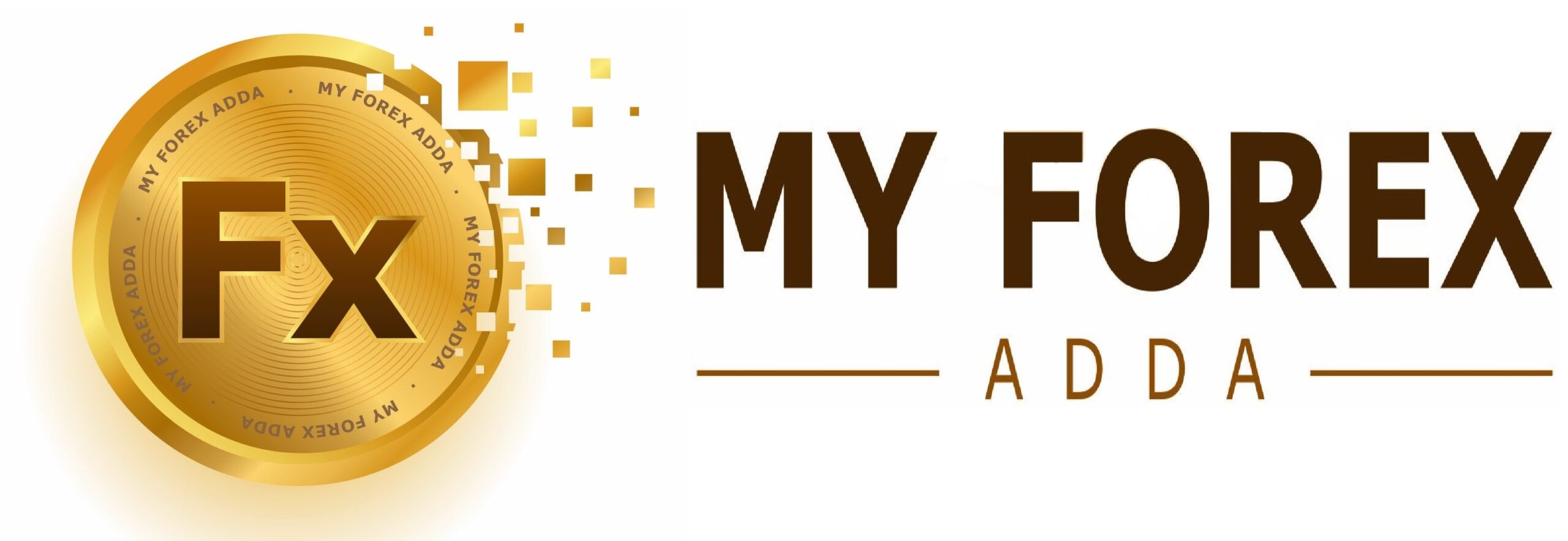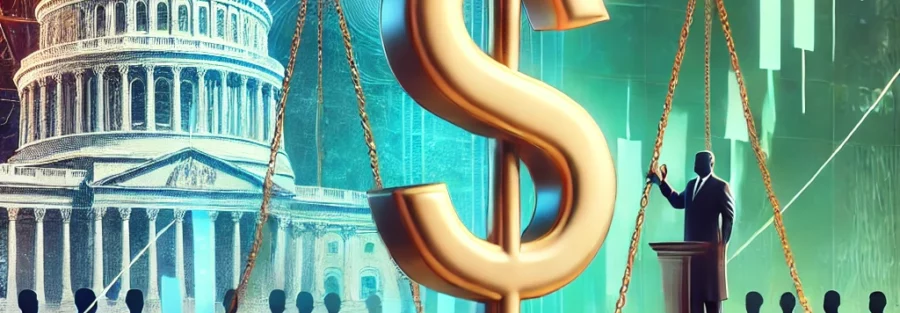The dollar hovered near a two-year high on Monday, kicking off a crucial week as Donald Trump prepared to re-enter the White House with an inauguration speech that investors are keenly watching to gauge his immediate policy plans.
The Japanese yen edged higher, maintaining gains near a one-month peak reached last week, amid speculation that the Bank of Japan will raise its policy interest rate this week. However, trading activity is expected to remain light due to U.S. market closures.
Meanwhile, attention is also focused on developments in the Middle East, where Hamas released three Israeli hostages, and Israel freed 90 Palestinian prisoners on Sunday, marking the start of a ceasefire that paused a 15-month conflict.
Cryptocurrency markets remained upbeat as investors awaited executive orders from Trump aimed at easing regulatory barriers and accelerating the adoption of digital assets.
Trump, who described himself as a “crypto president” during his campaign, launched a digital token on Friday. The token initially surged to over $70, giving it a market valuation of more than $15 billion, before retreating to around $42, according to CoinMarketCap.
All eyes are now on Trump’s first-day policies. Speaking at a rally the day before his inauguration, Trump pledged to impose strict immigration limits and vowed to revoke “every radical and foolish executive order of the Biden administration” within hours of taking office at noon ET (1700 GMT).
“The incoming administration has signaled readiness for immediate action, and there’s little reason to doubt it,” said Marc Chandler, chief market strategist at Bannockburn Global Forex in New York. “Several countries have already signaled their readiness to retaliate on tariffs, as speculation grows that Trump 2.0 will begin with a flurry of activity, including up to 100 executive orders on his first day in office.
The dollar index, which tracks the U.S. currency against six major peers, stood at 109.28 in early trading, close to the 26-month high of 110.17 reached last week. The index has climbed 4% since the U.S. election in early November, driven by expectations that Trump’s policies will spur economic growth but also fuel inflation, prompting the need for prolonged higher interest rates.
Thierry Wizman, global foreign exchange and interest rate strategist at Macquarie, noted that regarding tariffs, traders remain cautious, adopting a “wait-and-see” approach at best. At worst, they are hesitant to trust U.S. disinflation trends fully.
“Any renewed mention of tariffs is likely to push the USD higher, along with bond yields,” Wizman said.
Last week’s slightly cooler core inflation data, dovish remarks from Federal Reserve Governor Christopher Waller, and reports of a gradual introduction of tariffs have led traders to anticipate two rate cuts later this year. Markets now project 42 basis points of rate reductions in 2025. These shifting expectations caused the dollar to experience its first weekly decline in seven weeks.
The yen traded at 156.18 per dollar, close to Friday’s one-month high of 154.98. Sources indicated to Reuters that the Bank of Japan (BOJ) is likely to raise its policy interest rate this week, barring any major market disruptions following Trump’s inauguration. BOJ Governor Kazuo Ueda and his deputy signaled their willingness to increase borrowing costs at the Jan. 23-24 policy meeting unless market conditions are significantly altered by Trump’s speech.
The euro edged up 0.14% to $1.0285 in early trade but remained near last week’s two-year low. Meanwhile, sterling gained 0.12% to $1.21825 as traders grappled with ongoing concerns about Britain’s bleak economic prospects.”





